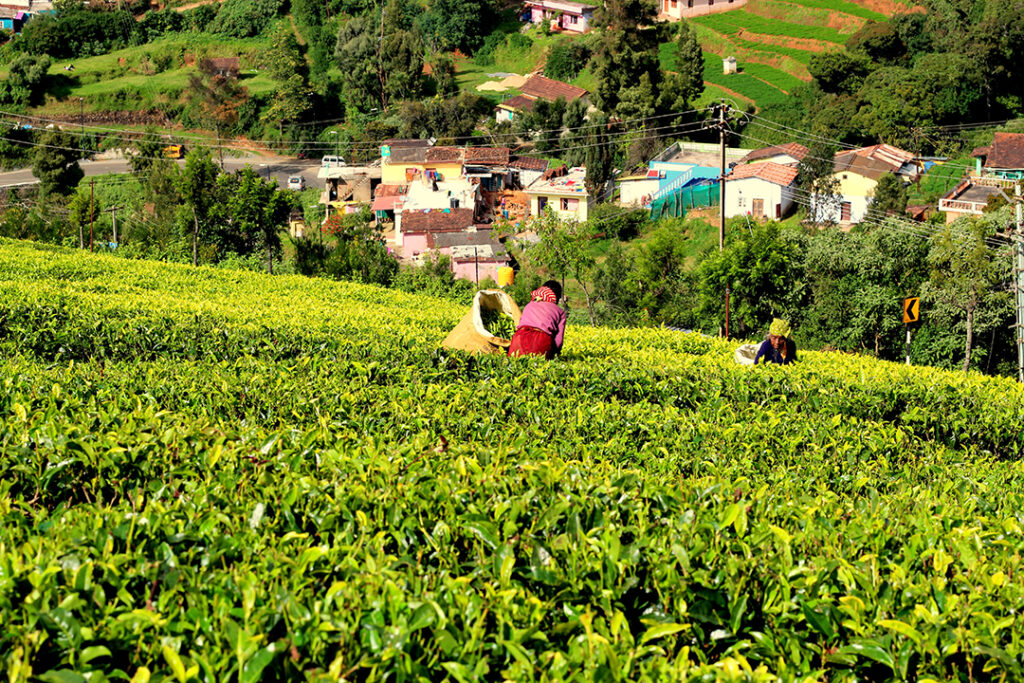Global Leaders to Convene in Addis Ababa for UN Food Systems Summit +4: A Pivotal Moment for Transformative Action

By Baboloki Semele: From July 27 to 29, 2025, Addis Ababa will become the epicenter of global discussions on food, sustainability, and equity as it hosts the Second United Nations Food Systems Summit Stocktaking Moment (UNFSS+4). Co-hosted by the Governments of Ethiopia and Italy, this landmark gathering will bring together heads of state, ministers, scientists, private sector leaders, and civil society representatives to assess global progress in transforming food systems and galvanize action to meet the 2030 Sustainable Development Goals (SDGs). UNFSS+4 is the culmination of a transformative journey that began with the 2021 UN Food Systems Summit, which marked a global shift in recognizing food systems as critical drivers of sustainable development, climate resilience, health, and equity. This year’s stocktake follows the successful UNFSS+2 in 2023, and fulfills the UN Secretary-General’s commitment to convene biennial reviews that assess progress, accountability, and investment in food systems transformation. The Summit comes at a time of intensifying global challenges. From climate shocks and economic instability to geopolitical tensions and conflict-induced displacement, the global food system faces unprecedented pressure. These overlapping crises have hit hardest in fragile settings—countries heavily dependent on food imports or burdened by debt—where progress toward ending hunger and malnutrition remains fragile and uneven.
A Trifecta of Goals: Progress, Accountability, and Investment
The Addis Ababa Summit will center on three interconnected objectives:
1. Reflecting on Progress and Lessons Learned
UNFSS+4 will provide a platform to evaluate national and regional progress in transforming food systems. Countries will share experiences in aligning food system strategies with national development plans, addressing post-harvest losses, promoting climate-smart agriculture, and upholding the right to food. The summit will prioritize voices from marginalized communities—women, youth, smallholder farmers, Indigenous Peoples, and displaced populations—whose contributions and vulnerabilities are pivotal to creating inclusive, equitable systems.
Research and data will be critical in identifying enablers of success, and highlighting innovations in governance and cross-sectoral coordination. The summit will stress that food systems transformation is not one-size-fits-all—it must be locally driven, rights-based, and rooted in national context.
2. Strengthening Accountability and Partnerships
Accountability mechanisms will take center stage in Addis Ababa, with emphasis on transparent monitoring of commitments made by both state and non-state actors. The UN Secretary-General’s Stocktaking Report, “Voices from the Ground” analysis, and the Chair’s Summary will offer a comprehensive assessment of progress and spotlight areas requiring intensified focus.
By reinforcing multi-stakeholder engagement, the summit aims to bring together governments, civil society, academia, businesses, and international organizations in a shared vision. Public-private partnerships, particularly those involving small and medium-sized enterprises (SMEs), will be explored as vehicles to foster resilience, innovation, and inclusive growth.
3. Unlocking Investments for Large-Scale Transformation
With food systems contributing approximately $10 trillion in hidden costs related to health, environment, and social inequality, there is a pressing need to unlock sustainable financing. UNFSS+4 will highlight new investment models, de-risking strategies, and innovations in climate finance that prioritize local ownership and long-term impact.
Discussions will reflect outcomes from the 4th Finance for Development Conference (FFD4) and explore how concessional finance, budget support, and debt restructuring can accelerate country-led transitions. The summit will emphasize the need for blended finance and catalytic funding to empower small-scale food producers and SMEs—especially in vulnerable regions—to lead locally anchored transformations.
True to its vision, the UNFSS+4 preparatory process has been inclusive and participatory. In the lead-up to the Summit, extensive national progress reviews, regional consultations, and Member State briefings have taken place, ensuring that insights from across sectors and geographies are captured. This inclusive approach amplifies voices from civil society, academia, private sector, Indigenous communities, and others who are too often underrepresented in global policy dialogues.
The global landscape has changed dramatically since the first UNFSS in 2021. Ongoing conflicts in Ukraine, Sudan, and the Middle East, the worsening impacts of climate change, and increasing economic uncertainty are disrupting supply chains, deepening inequalities, and driving humanitarian crises. Food insecurity is rising globally, with the right to food under threat for millions. Amid these compounding crises, UNFSS+4 represents a crucial moment to renew global solidarity, reaffirm food systems as central to climate action, biodiversity conservation, and sustainable development, and rally around a rules-based multilateral system that leaves no one behind.
The Summit builds on the six shared priorities outlined in the UN Secretary-General’s 2023 Call to Action:
A. Mainstream food systems strategies into national development policies.
B. Establish inclusive governance engaging all sectors and actors.
C. Invest in research, innovation, and data to inform transformation.
D. Deepen participatory implementation, especially for women, youth, and Indigenous Peoples.
E. Engage the private sector through partnerships and accountability mechanisms.
F. Ensure financing and investment flows, including debt relief and concessional finance.
UNFSS+4 will also align with ongoing continental and international initiatives. The 2023 Africa Climate Summit, the recent Kampala CAADP Declaration, and the work of UN Country Teams are reinforcing Africa’s leadership in transforming food systems. The Global Alliance Against Hunger and Poverty, launched by the G20 in 2024, reflects a growing global consensus that resilient food systems are essential to break the cycles of poverty and malnutrition. As the 2030 deadline looms, the urgency to act has never been greater. UNFSS+4 is a moment not just to measure progress, but to accelerate transformative action, close ambition gaps, and galvanize financing to create food systems that nourish people, protect the planet, and support prosperity for all.





